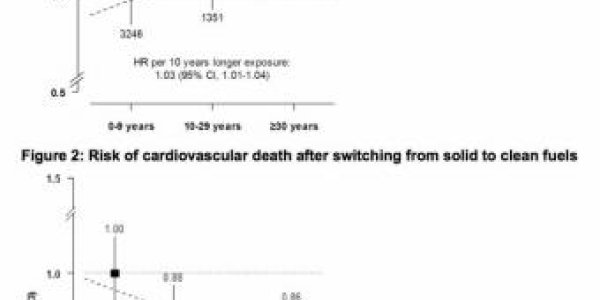It used to be a truism that when people stopped smoking, they were likely to gain weight, but the reasons for it were cloudy. Did people replace the mechanism of smoking with candy and food, or did nicotine suppress body weight gain independent of food intake. In other words, was it speeding up metabolism
A new paper in Nicotine&Tobacco Research using rats says it is the latter. Caution is always warranted in these sorts of studies, since mainstream media tends to hype animal model findings without ever noting that rats are actually not little people.
In rats self-administering a maximally-reinforcing dose of nicotine, body weight gain during the 20-day study period was attenuated by ~40% despite no change in food intake.
According to lead author Laura Rupprecht, "The findings are important in the context of potential product standards requiring very low nicotine levels in cigarettes, as they indicate that low nicotine levels may still reduce body weight, possibly motivating continued use and maintaining exposure to harmful chemicals in cigarette smoke."
The results of the four experiments in the study also indicate that the weight-suppression properties of nicotine may act through processes that are separate from those that contribute to nicotine addiction. A better understanding of the separate neurobiological mechanisms responsible for nicotine addiction and body weight regulation may allow for new avenues in the development of obesity pharmacotherapies. Some day, perhaps, not just for obesity pharmacotherapies in rats, but also in people.



